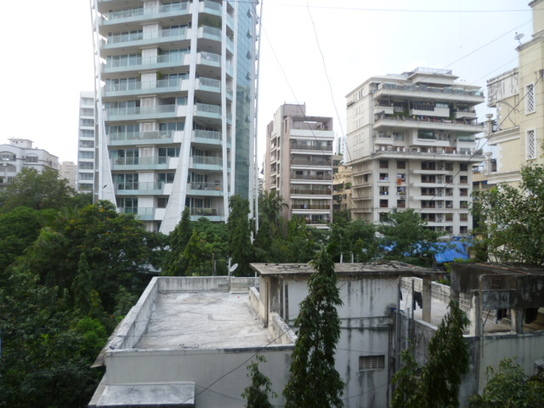 The view from the apartment where I stayed in Bandra, a well-to-do district of Mumbai.
The view from the apartment where I stayed in Bandra, a well-to-do district of Mumbai. I arrived in Mumbai on a flight from Bahrain and soon discovered that my luggage had not arrived with me. There was no information from the airline (Jet Airways) nor agents to help. Large numbers of angry passengers, seemingly resigned to this sort of thing in India, stood in a long line near customs waiting to provide their details and sign a rather comically complicated, needlessly long form. I was finally told that I would have my bags delivered the following morning. In fact, it took seven days to be reunited with my things and I was promised (but never received) the whopping equivalent of US$20 in compensation.
Adding to the stress of not having any of my things for a week, the place I'd arranged to stay for a month in Bandra (an inner suburb of Mumbai) rather suddenly informed me I would have to vacate. There had been a change of plans (another tenant was moving in) and I was to leave. No effort was made to help me find new lodging. I was basically out on the street in Mumbai with no clothing. Compounding the discomfort was a serious Dengue fever outbreak, along with the normal endemic malaria.
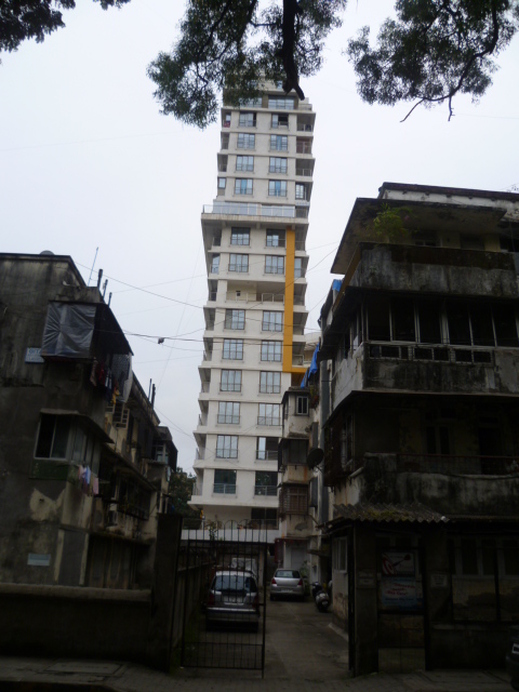 High-class high rise towering behind two dilapidated, but very middle class, apartment blocks.
High-class high rise towering behind two dilapidated, but very middle class, apartment blocks. Nowhere else on earth but India will you find such astounding contrasts: vertigo inspiring heights of wealth surrounded by harrowing depths of poverty, restaurants brimming with mouth-watering delicacies and starving children begging for crumbs, tree-lined avenues with luxury apartment high rises and crammed, steamy slums amid piles of garbage, with no water and almost no room to lie down.
This is urban India. It's an often startlingly ugly urban reality that many in the upper classes willfully ignore. But an area such as Bandra is also a thrillingly lively place where the classes mix and where there is a sense of possibility infused into the complex urban jumble.
Bandra is a wealthy area in Mumbai, part of the city's so-called Suburban District to the north of the city center (see maps below). In many parts, it's a trendy residential zone that is also a center of upscale shops, fancy restaurants, cheaper markets and a lot more. It includes many Christian churches and schools originating in the time that it was a Christian settlement. Along the sea, it has a rather ramshackle, but popular, promenade (which is sadly marred by the refuse and human excrement deposited openly along its edges). All in all, Bandra is an eye-opening amalgam that is always busy with life, but that somehow becomes most attractive at night.
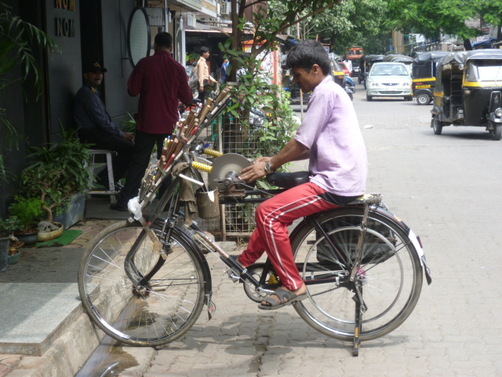 A knife sharpener doing his rounds.
A knife sharpener doing his rounds. A thought that plagued me throughout my stay was, how is it that the millions of forgotten poor continue to go along with a system that offers them so very little? I can't escape the thought that a city like Mumbai is a powder keg that could explode at any time, particularly if there is a serious economic shock.
There is no doubt that the difficult circumstances I faced impacted my experience this time around in India. I want to make clear that in so many ways this is an unusually fascinating and exciting place. There is a hum of energy in the air, a complexity to the streets that make them worthy of hours of exploration, a food culture on display that is one of the best in the world and, most importantly, many wonderfully welcoming and kind people.
In my rather short stay of 9 days, I met academics, city planners and volunteers all involved in making Mumbai a better place to live. I'm grateful for the time they gave me.
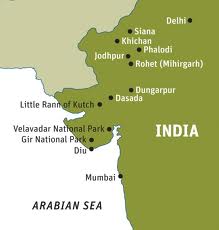
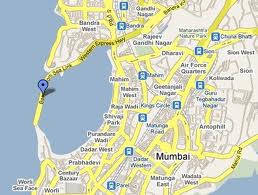

 RSS Feed
RSS Feed

